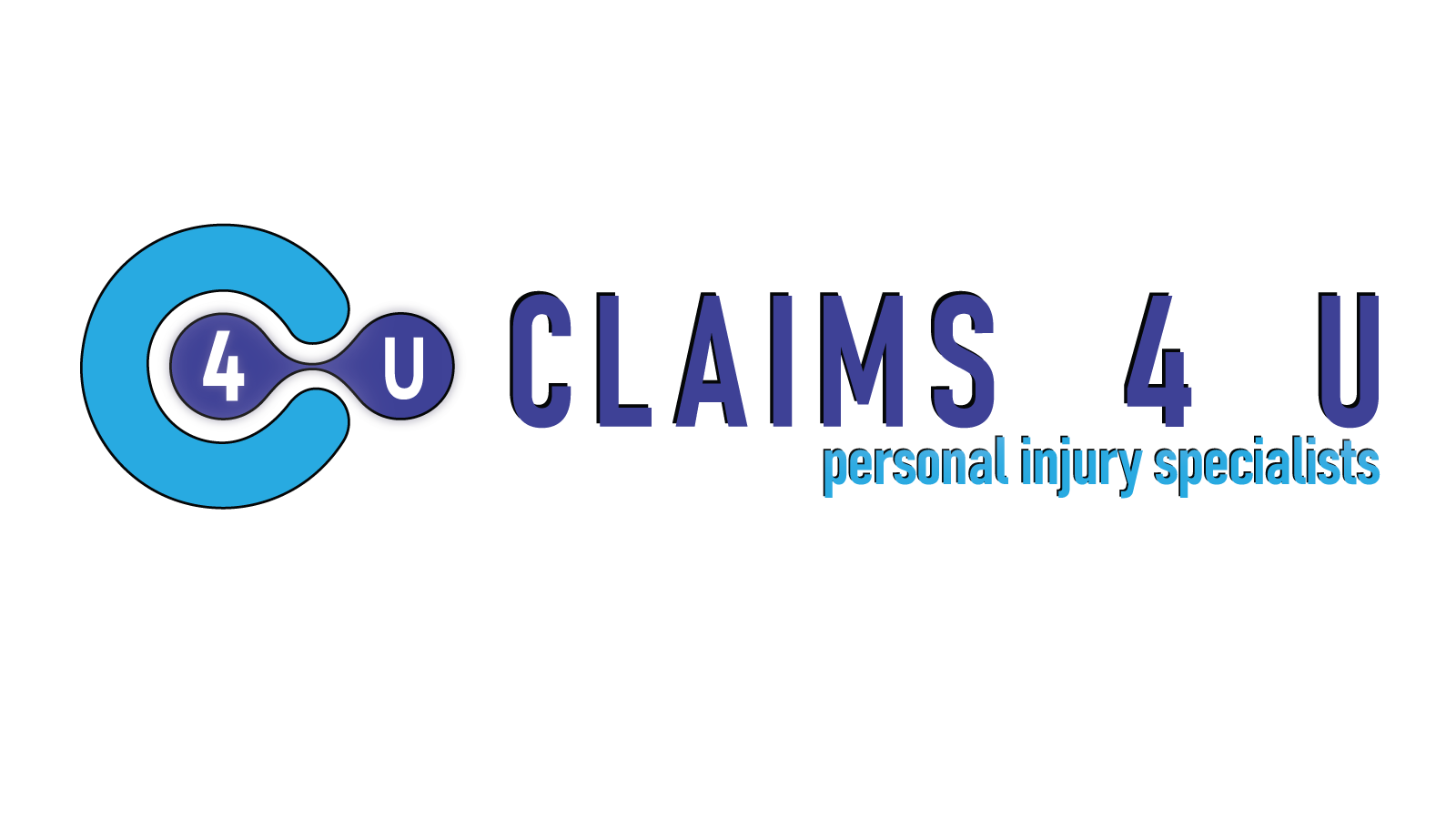Claims 4 U proudly inform you that “Tax litigation at your door” is a pretty broad and potentially concerning phrase! To understand your situation better and offer relevant advice, I need some more context. Here are some questions that might help:
- Have you received any official notices or correspondence from a tax authority? If so, what kind of notice and what specific issues does it raise?
- Do you have any concerns about your past tax filings or potential tax liabilities? This could involve missed deductions, errors in reporting, or disagreements with the interpretation of tax laws.
- Are you currently facing any audits or investigations from the tax authorities?
- Are you simply interested in understanding what to do if you ever encounter tax litigation in the future?
Knowing more about your specific situation will allow me to provide tailored advice or information.
Here are some general resources that might be helpful in the meantime:
- National taxpayer advocacy organizations: These organizations can provide general information about tax rights and procedures, and may offer assistance in dealing with the tax authorities.
- Tax attorneys or accountants: If you are facing serious tax issues, it is crucial to seek professional advice from a qualified tax professional.
- Government tax websites: Most government tax websites have resources and information specifically designed for taxpayers facing disputes or litigation.
- National taxpayer advocacy organizations: These organizations can provide general information about tax rights and procedures, and may offer assistance in dealing with the tax authorities.
If you’re facing tax litigation, it’s essential to take appropriate steps to address the situation. Here’s a general guide on what to do:
-
Review the Notice: Carefully read any communication you receive regarding the tax litigation. This could be a notice from the tax authority informing you of an audit, assessment, or dispute.
-
Seek Legal Advice: Consider consulting with a tax attorney or tax advisor who specializes in tax litigation. They can provide guidance on your rights, obligations, and the best course of action to take.
-
Gather Documentation: Collect and organize all relevant documents, including tax returns, financial records, correspondence with tax authorities, and any other relevant information. This will help you and your attorney understand the issues and prepare your defense.
-
Respond within Deadlines: Ensure that you respond to any notices or requests from the tax authority within the specified deadlines. Failure to do so could result in adverse consequences.
-
Understand Your Options: Your attorney can help you understand the options available to you, such as settling the dispute through negotiation, challenging the assessment through administrative procedures, or litigating the matter in court.
-
Maintain Communication: Keep lines of communication open with your attorney and the tax authority. Promptly respond to any requests for information or clarification.
-
Prepare for Litigation: If the dispute escalates to litigation, work closely with your attorney to prepare your case. This may involve gathering evidence, identifying witnesses, and developing legal arguments.
-
Consider Settlement: Depending on the circumstances, it may be advisable to explore settlement options with the tax authority. Settlement can help resolve the dispute more quickly and with less expense than litigation.
-
Attend Hearings or Meetings: If there are hearings or meetings scheduled as part of the litigation process, make sure to attend them or have representation if required.
-
Stay Informed: Stay informed about the progress of the litigation and any developments in tax law that may affect your case.
Facing tax litigation can be stressful, but with proper guidance and preparation, you can effectively navigate the process and protect your interests.










Leave A Comment